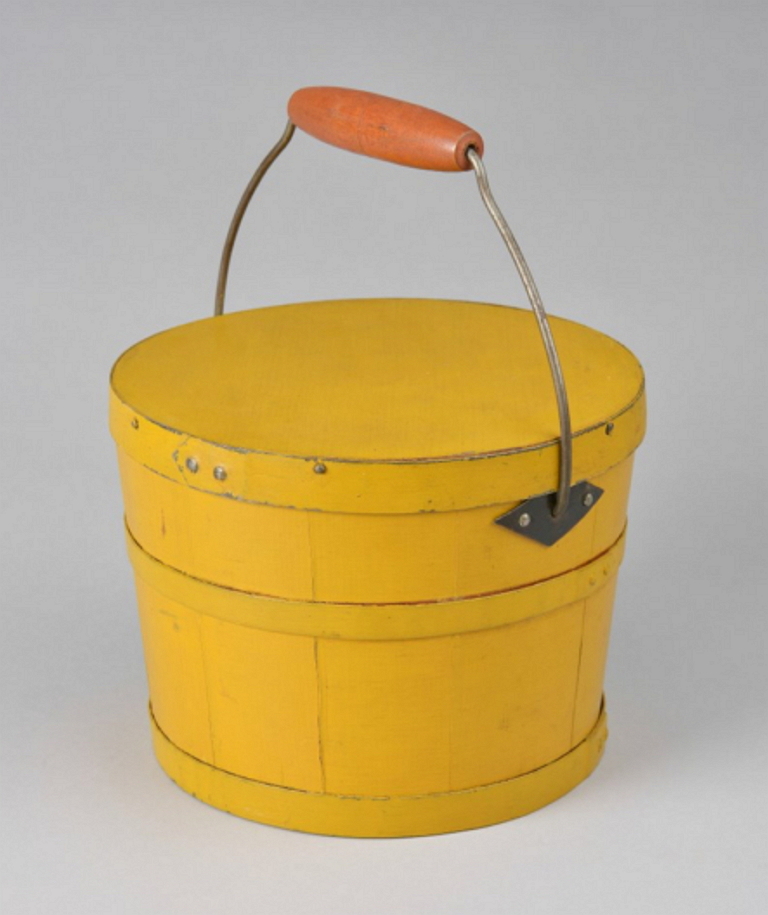Serial
The Green Mountain Gem
Description
The illustration, "Shaker Settlement--Canterbury, N. H.," appeared in The Green Mountain Gem: A Monthly Journal of Literature, Science and Art. The copy at hand is incomplete, lacking any title pages and including only pages 211 through 336 of what appears to once have been a complete volume. Internal evidence suggests that the copy dates from 1849, which, according to the Library of Congress would make it the seventh volume of the a publication begun in 1843 by A. B. F. Hildreth in Bradford, Vermont. The illustration appears on page 310 of the publication and is followed on pages 311-312 by an article titled, "Canterbury, N. H." The article begins with an introduction extracted from various sources and continues with a nearly word for word copy of the text from the untitled article that appeared in the November, 1835 issue of The American Magazine of Useful and Entertaining Knowledge (See: 2020.16.12 and 2020.16.13a,b). Upon close examination, although the illustration is the same one that appeared 14 years earlier in The American Magazine, it is slightly smaller in height (3 14/16" vs. 3 15/16") and in width (5 16/32" vs. 5 25/32"). There are at least two possibilities for this discrepancy: First, the mid-1800s was a time when printing houses were beginning to more commonly use a process called stereotyping to reproduce multiple copies of the same text or image. The process involves making a mold of a wood engraving or of a form of hand-set type and using the mold to cast copies as a single plate from which printing could be done. In the process of making a mold -- usually of paper-mache or plaster -- a slight amount of shrinkage might occur causing prints made from the stereotype to differ slightly from those printed from the original wood engraving or type. Second, if the same form -- hand-set type, wood engraving, or stereotype -- is printed on dry paper and then printed on dampened paper the resulting product may vary as the damp paper would likely shrink as it dried. Whether either of these explanations, or some other, account for the slight difference in the size of these illustrations, the fact remains that they are different in size.
New Hampshire Canterbury Church Family











